 |
| July 10, 2020 |
Dear Reader,
A new study shows that from 2015 to 2018, the rate of millennials and young adults dropping acid increased by more than 50 percent in the U.S. Researchers suspect the rise is fueled by a need for chemical escapism to find relief from depression, anxiety and general stress over the state of the world. Psychedelic drugs have shown promise as treatments for addiction, PTSD and other mental illnesses. Read our lead story to learn more. In climate news, scientists reported this week that global temperatures are inching closer to a worrisome climate milestone. The deadline to act on ambitious climate goals is rapidly approaching, they say. And lastly, an extinction marks a sad milestone. This past March the smooth handfish officially became the first modern-day marine fish to be declared extinct. |
| | Sunya Bhutta, Senior Editor, Audience Engagement
@sunyaaa | |
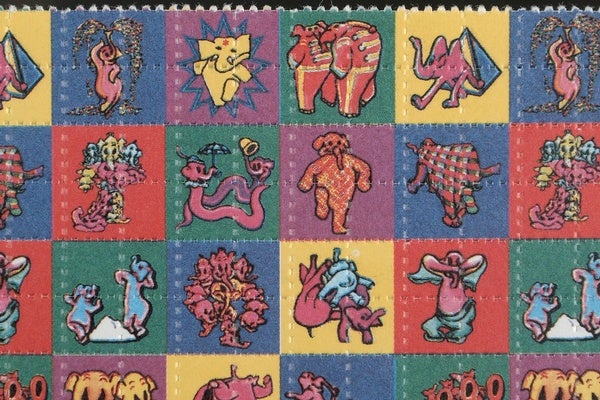 |
| |
| |
| |
| |
| |
| |
FROM THE STORE
 | |
Quantum Universe Strange and probabilistic, physics at the smallest scales is driving innovation and research into the nature of reality. In this eBook, we examine the latest mind-bending studies in quantum mechanics, including theoretical mysteries such as entanglement, real-world applications, innovations in communications and computing and more.
*Editor's Note: Quantum Universe was originally published as a Collector’s Edition. The eBook adaptation contains all of the articles, but some of the artwork has been removed to optimize viewing on tablet devices. |  | | |
| |
FROM THE ARCHIVE
 | | LSD's Long, Strange Trip Explained When LSD binds to serotonin receptors, it pulls a "lid" closed behind it, locking it in place for hours, and explaining its long-lasting effects. Christopher Intagliata reports. By Christopher Intagliata | January 2017 | | |
| |
LATEST ISSUES
 |
| |
| Questions? Comments?  | |
| Download the Scientific American App |
| |
| |








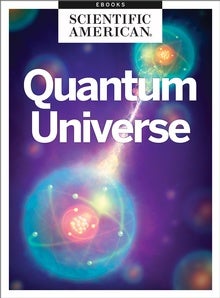


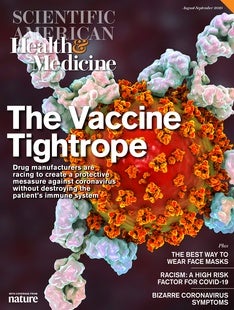

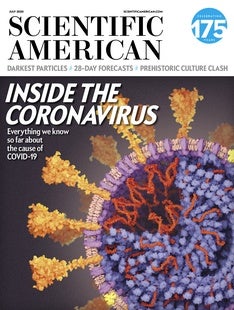
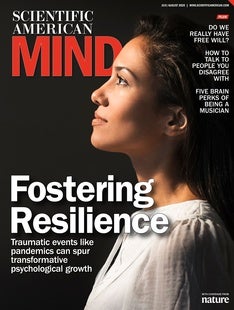
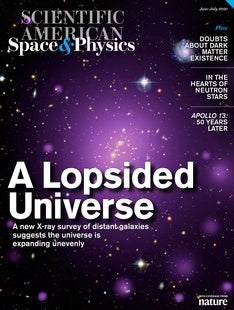



Comments
Post a Comment